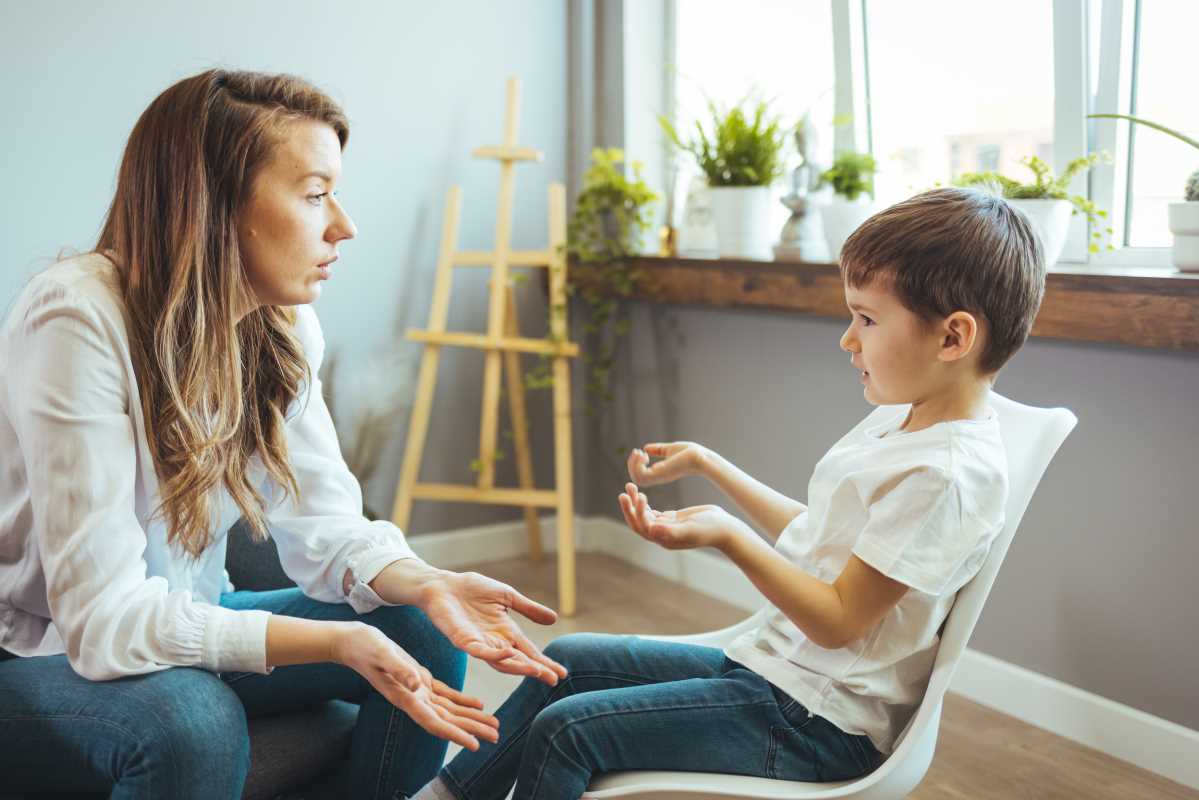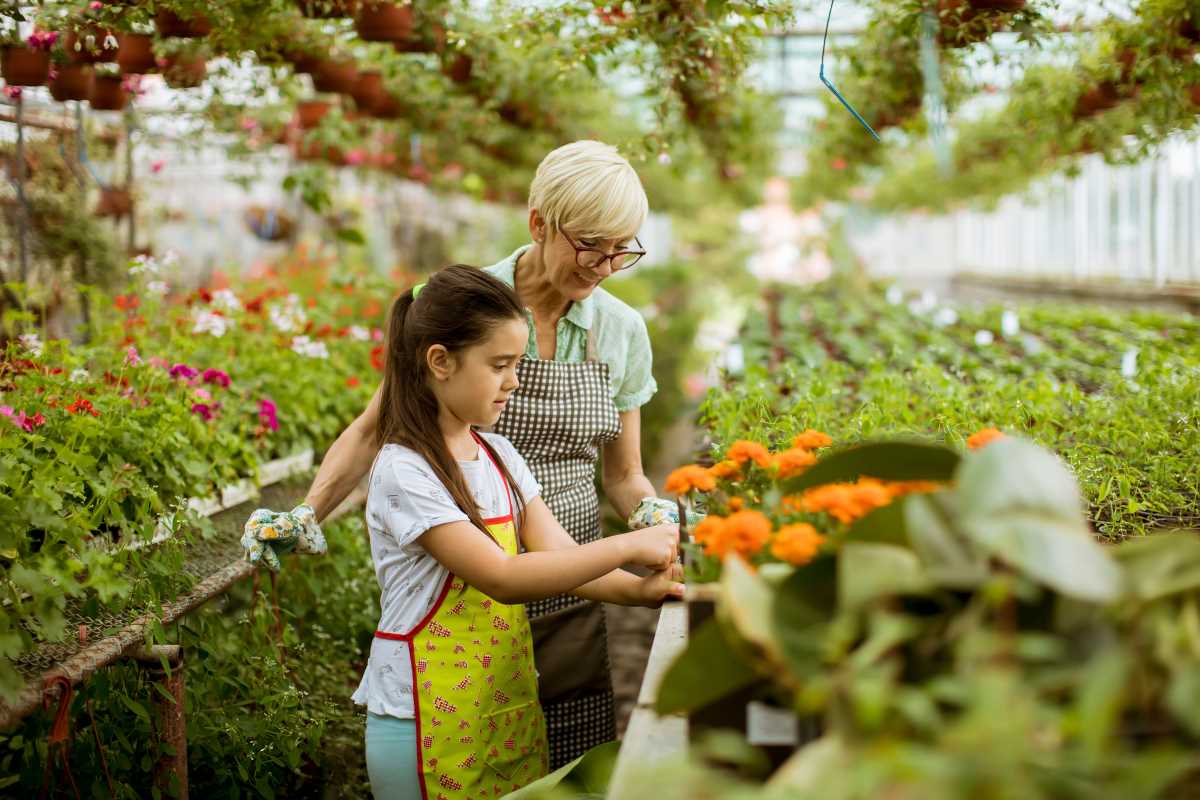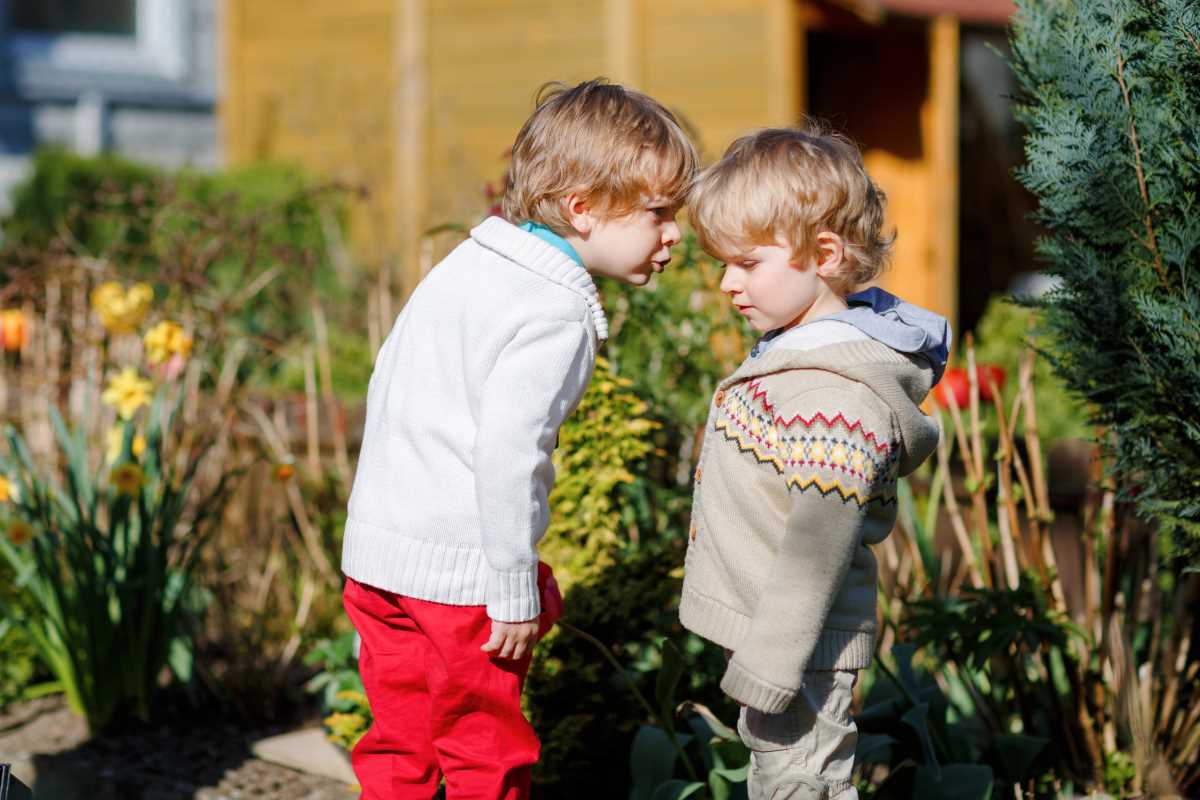Explaining dementia to children can feel overwhelming, especially when it involves a beloved family member like Grandma. Kids may notice changes in her behavior, memory, or mood and feel confused or even scared by what they don’t understand. Talking to them honestly and compassionately about dementia helps them make sense of these changes and provides the tools they need to handle their emotions.
This isn’t a one-size-fits-all conversation. Depending on your child’s age, their understanding of dementia will vary, so tailoring your explanation to their developmental stage is crucial. The goal is to create an open, supportive environment where kids feel safe to process their feelings and stay connected to Grandma in ways that are meaningful to them.
Here’s a guide to talking to kids about dementia in age-appropriate ways, focusing on honesty, empathy, and emotional support for your family’s unique situation.
Start With an Age-Appropriate Explanation
When explaining dementia, use language and examples that match your child’s level of understanding. This keeps the explanation clear and helps avoid unnecessary fear or confusion.
For Young Children (Ages 3–6)
Young children may have a limited understanding of memory and how it works. Keep explanations simple and focus on observable changes.
- What to say: “Grandma’s brain isn’t working the way it used to, so she sometimes forgets things, like where she put her glasses or what she was doing. It can also make her feel upset or confused.”
- How to explain behavior: If Grandma says or does something out of character, reassure them it’s because of her illness, not because she’s upset with them. For example, “Grandma might forget your name sometimes, but she still loves you very much.”
Use concrete examples to help them understand. You could say, “It’s like when your toy doesn’t work right. It’s not your fault, and it might need extra care to keep working.”
For School-Age Kids (Ages 7–12)
Older kids can understand more complex explanations about how dementia affects the brain. Use this opportunity to give them a bit more detail.
- What to say: “Grandma has a condition called dementia. It’s something many older people get. It makes it harder for her to remember things, recognize people, or do some of the things she used to enjoy.”
- Clarify It’s Not Contagious: Kids this age might worry about catching dementia themselves. Reassure them that it’s not something you can “catch,” like a cold.
Provide space for questions and answer them honestly but gently. For example, if they ask, “Will Grandma get better?” you can say, “There’s no cure for dementia right now, but we can still love and care for her just like we always have.”
For Teens (Ages 13 and Up)
Teenagers can handle more nuanced discussions about dementia and might even be curious about the science behind it.
- What to say: “Grandma has a disease called dementia. It affects the parts of her brain that control memory, thinking, and emotions. Over time, it might make her forget things like your name or where she is, and that can be really hard to watch.”
- Acknowledge Their Feelings: Teens might struggle with frustration or guilt if they feel embarrassed or impatient with Grandma. Validate these emotions, saying, “It’s okay to feel upset or confused. A lot of people feel that way when someone they love has dementia.”
Engage teenagers in conversations about how they want to maintain a connection with Grandma, whether it’s through visits, creating keepsakes, or helping with caregiving.
Focus on Connection and Empathy
Once children understand what dementia is, the next step is teaching them how to approach Grandma with empathy and patience. This not only strengthens their bond with her but also empowers them to respond to her behavior with love and understanding.
Encourage Simple Acts of Kindness
Explain that even small actions can brighten Grandma’s day. Ideas might include:
- Sitting with her and talking about her favorite memories.
- Drawing her a picture or showing her their favorite toy or book.
- Giving her a gentle hug or holding her hand (if she feels comfortable with physical affection).
Explain the Power of Patience
Help kids understand that Grandma may take longer to respond or remember things. For example, you could say, “If Grandma forgets that you told her about your soccer game, it’s okay to tell her again. She’ll be happy to hear about it.”
Teach Them to Focus on the Present
If Grandma no longer remembers past events, encourage kids to focus on enjoying the here and now. For instance, singing songs together, playing simple games, or flipping through a photo album can create joyful moments.
Help Kids Navigate Their Feelings
Seeing someone they love change because of dementia can be hard for kids. Offering emotional support and teaching them how to process their feelings helps them feel less alone during this time.
Invite Open Conversations
Encourage your child to share how they’re feeling. You might say, “I noticed you seemed quiet after visiting Grandma. How are you feeling?”
- Validate their emotions, whether they’re sad, frustrated, or even scared. Saying, “It’s normal to feel this way,” reassures them that their feelings are valid.
Suggest Creative Outlets
Art, writing, or storytelling can be powerful ways for children to express emotions they struggle to put into words. Suggest drawing a picture of Grandma or writing her a letter about their favorite memory together.
Share How You Feel
Modeling vulnerability can help kids feel more comfortable sharing their own emotions. You might say, “I feel sad when Grandma forgets things too. It’s hard, but we can support each other.”
Address Common Misunderstandings
Children may develop misconceptions about dementia that need gentle clarification.
- If they think it’s their fault: Reassure them that nothing they said or did caused Grandma’s illness.
- If they think Grandma is angry with them: Explain that her mood changes are because of the dementia, not anything they’ve done.
- If they think Grandma will get better soon: Help them understand that while Grandma may not recover, you’ll continue to give her lots of love and care.
Create Positive Memories
Even as Grandma’s dementia progresses, there are still opportunities to create positive, meaningful memories together.
Cherish Old Traditions
Keep family traditions alive, like baking Grandma’s favorite recipe or celebrating holidays together. Familiar routines can bring her comfort and help kids feel connected to her past.
Create New Traditions
Adapt traditions as needed. For example, if Grandma can no longer cook with the kids, she might still enjoy watching and reminiscing about favorite recipes.
Capture Special Moments
Take photos, record stories, or create a scrapbook of the times you share together. These keepsakes will help your children hold onto the happy memories even as life changes.
 (Image via
(Image via





